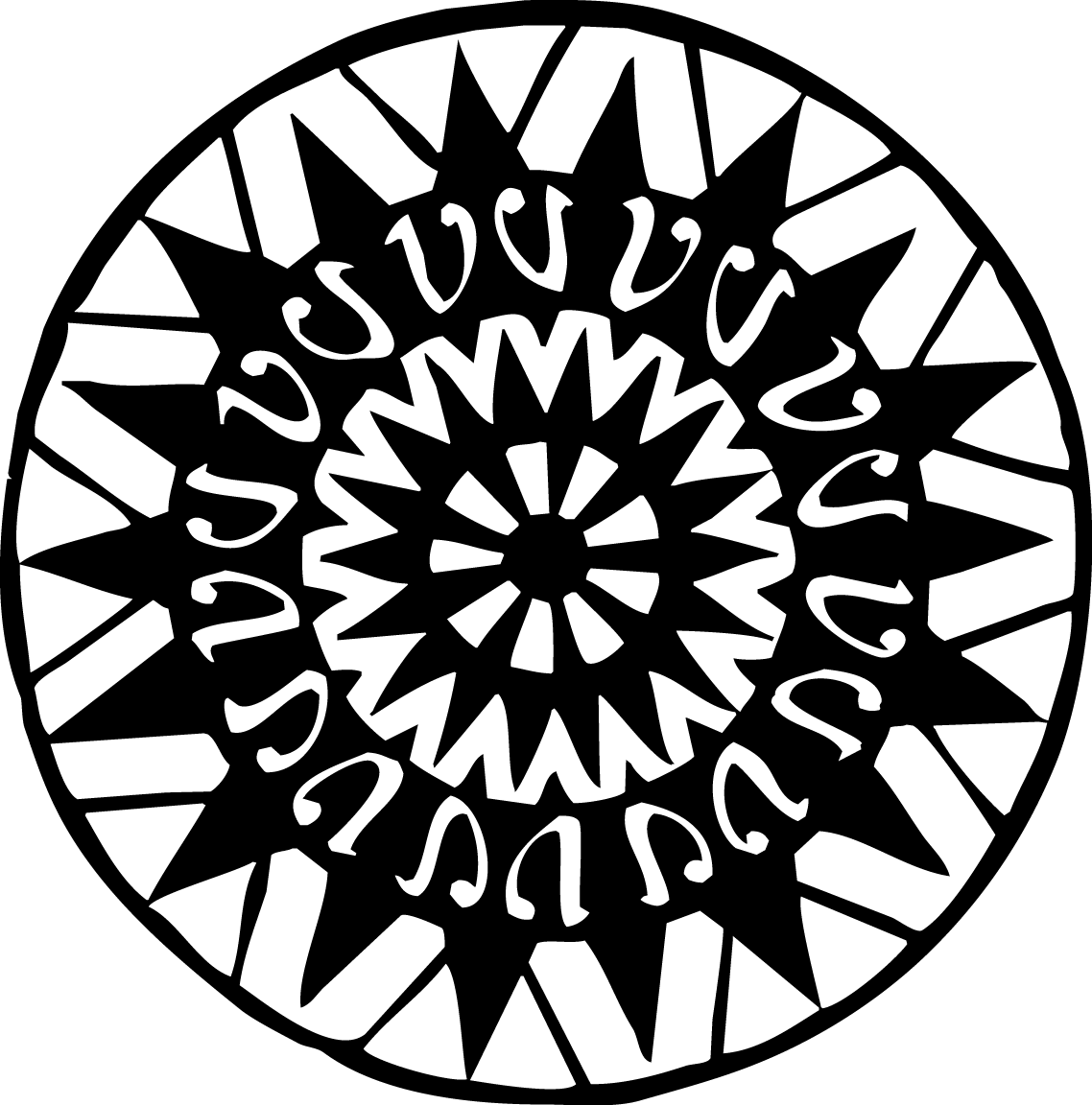We go through our days making statements we no longer need to make but don't think about it. As a population we can be pretty airheaded, but even still, there are a few things we can quit explaining.
Providing detailed instructions on what you do after the beep on a voicemail greeting. The person who is calling you probably knows what to do. Unless you regularly deal with people who new to phones, they've probably left a voicemail before. Here's what messages usually sound like:
"Hi, you've reached Virginia Ingram. Sorry I can't get to your call right now but if you leave a message, after the beep, I'll call you back as soon as possible."
Then the operator usually comes on and gives you additional detailed instructions.
I'm pretty sure that was my exact voice mail greeting. For years. We don't think about it because we tune out the instructions people give when we call. I've gotten so used to tuning out voice mail greetings I generally have to call, more than once, when I reach an interactive menu (you know, the "if you'd like to speak to ____ press 1," etc.,).
What's acceptable? Providing another way to get a hold of you or providing basic information to answer the question, "did I reach who I intended to reach?" I recently updated my voice mail greeting to:
"You've reached Virginia Ingram at 919-475-7706. Thanks for calling."
It's friendly and it confirms they reached me. Done. I know you're smart enough to know what to do.
Opinion disclaimers on personal accounts on Twitter (or any social media channel). Yes, people get fired because of things they say on social media. Yes, people say things they shouldn't say. Yes, it is easy to figure out where someone works. But come on, don't we understand how social media works now? Generally when a company takes action it's for PR reasons - whether or not you've made the bold statement that you "own" your statements on social media.
"Hi, I'm Virginia, I'm opinionated and work in marketing for a great employer. My tweets are my own."
That's not going to prevent me from getting fired if I say something truly inexcusable on Twitter. Just own what you say and don't pro-offer disclaimers that apologize for your opinions. OWN THAT SHIT.
Click here instructions in a digital environment. If you you think your users can't tell something is a link you probably have a usability issue. Fix the usability issue, don't try to use words to fix a design problem. Plus the hyperlinked words are what search engines care about for SEO anyways. Click here to read about it. (hee hee)
Thanks to Ralph Nader we have seatbelts. In cars and on airplanes. How is it that people are smart enough to know how to use a seat belt in a car, but not on an airplane? (That was a trick question.) I submit to you how to use a seatbelt on an airplane as another example. Sure there could be a first time flier on your flight, but it's a pretty intuitive process and does everyone need to hear the detailed instructions?
"When the seat belt sign illuminates, you must fasten your seat belt. Insert the metal fittings one into the other, and tighten by pulling on the loose end of the strap. To release your seat belt, lift the upper portion of the buckle." -AirOdyssey.net
If you're unsure how the process works, check out this video. Detailed instructions are provided at 1:13.
I'm sure lawyers require detailed instructions so I don't blame the airlines TOO much. But maybe they can be a bit more creative with it? I've got plenty of bad suggestions if you are from the airline industry and want an opinion. My opinions are my own.
So, tell me, what you think we should quit explaining?



